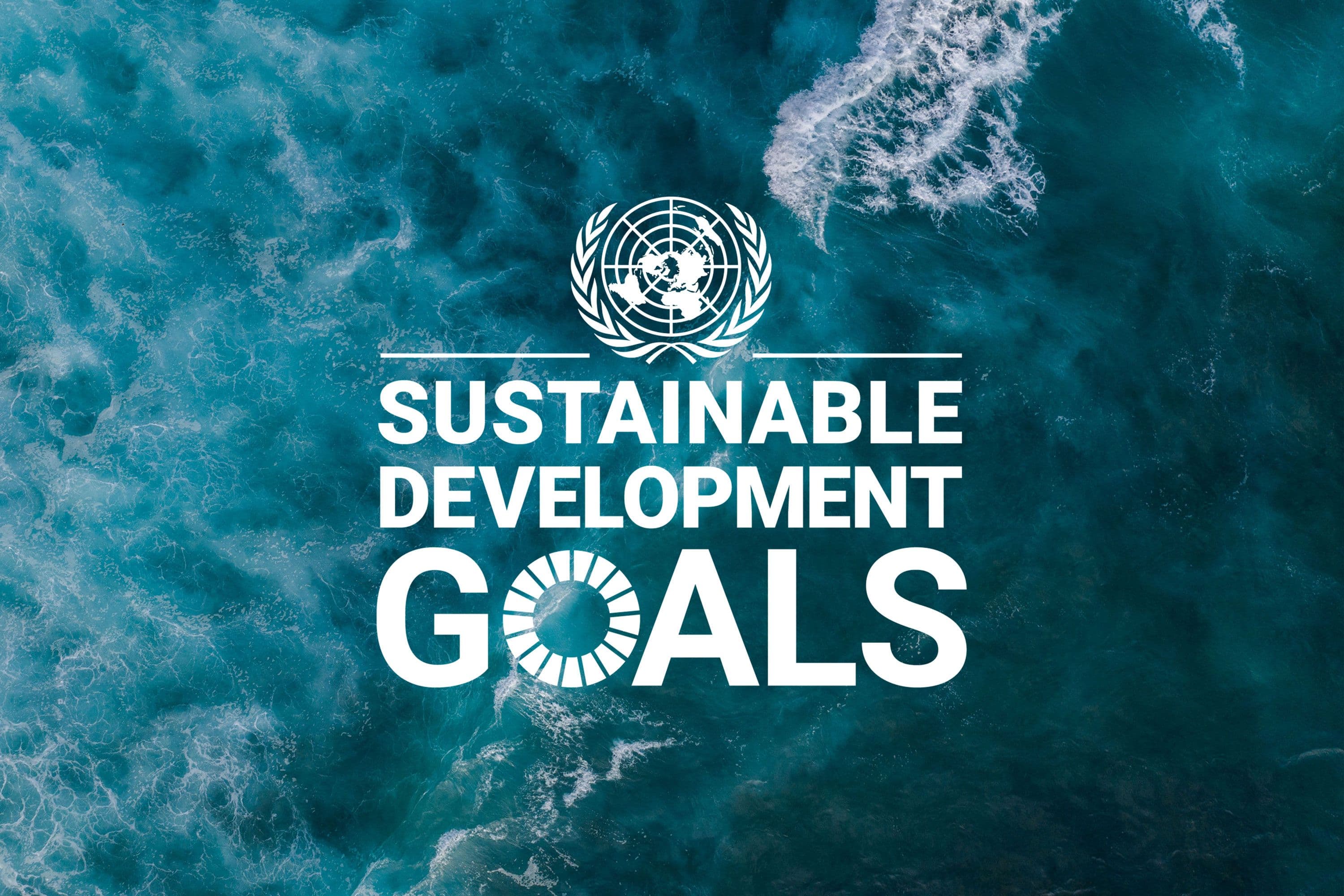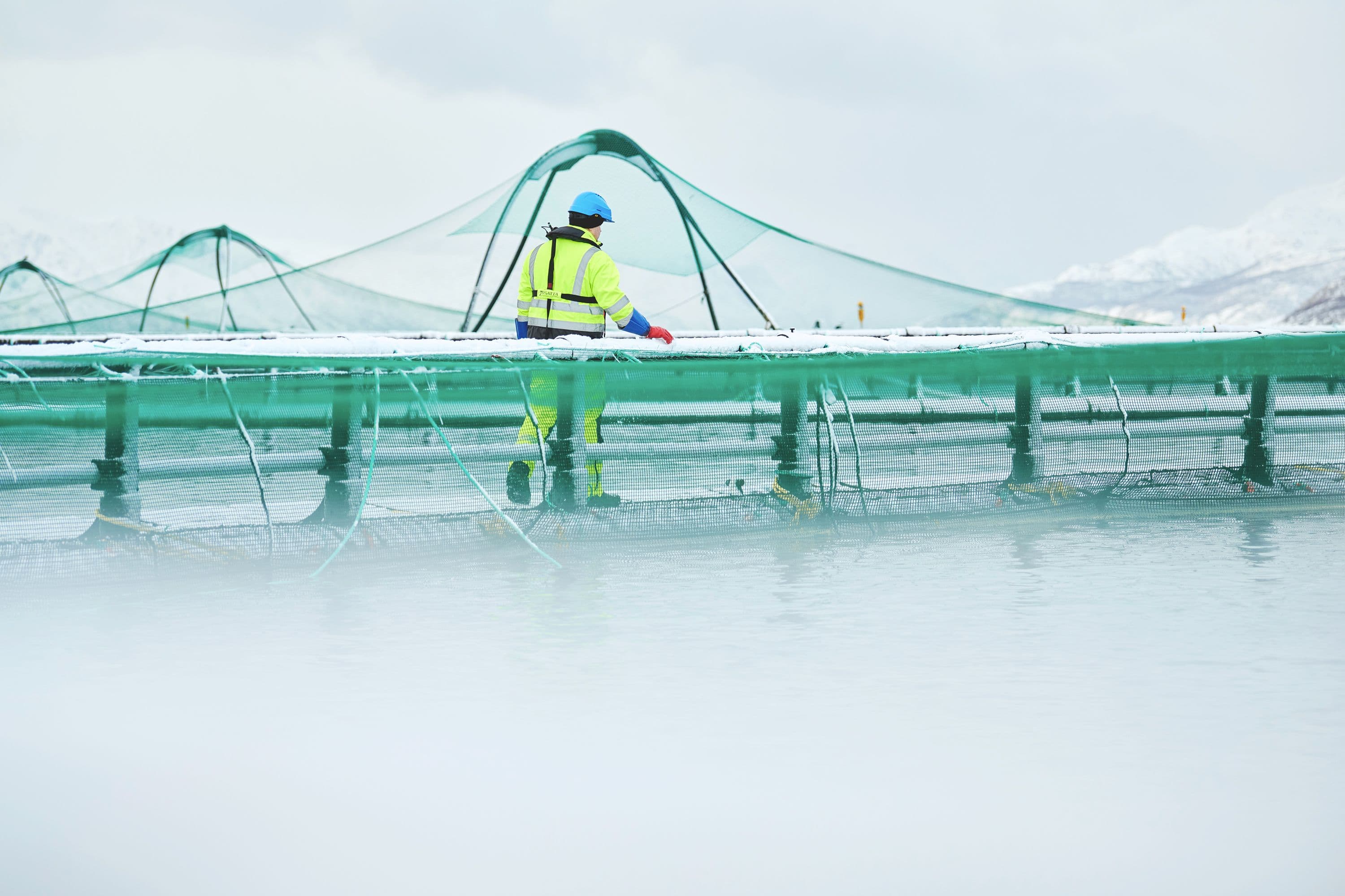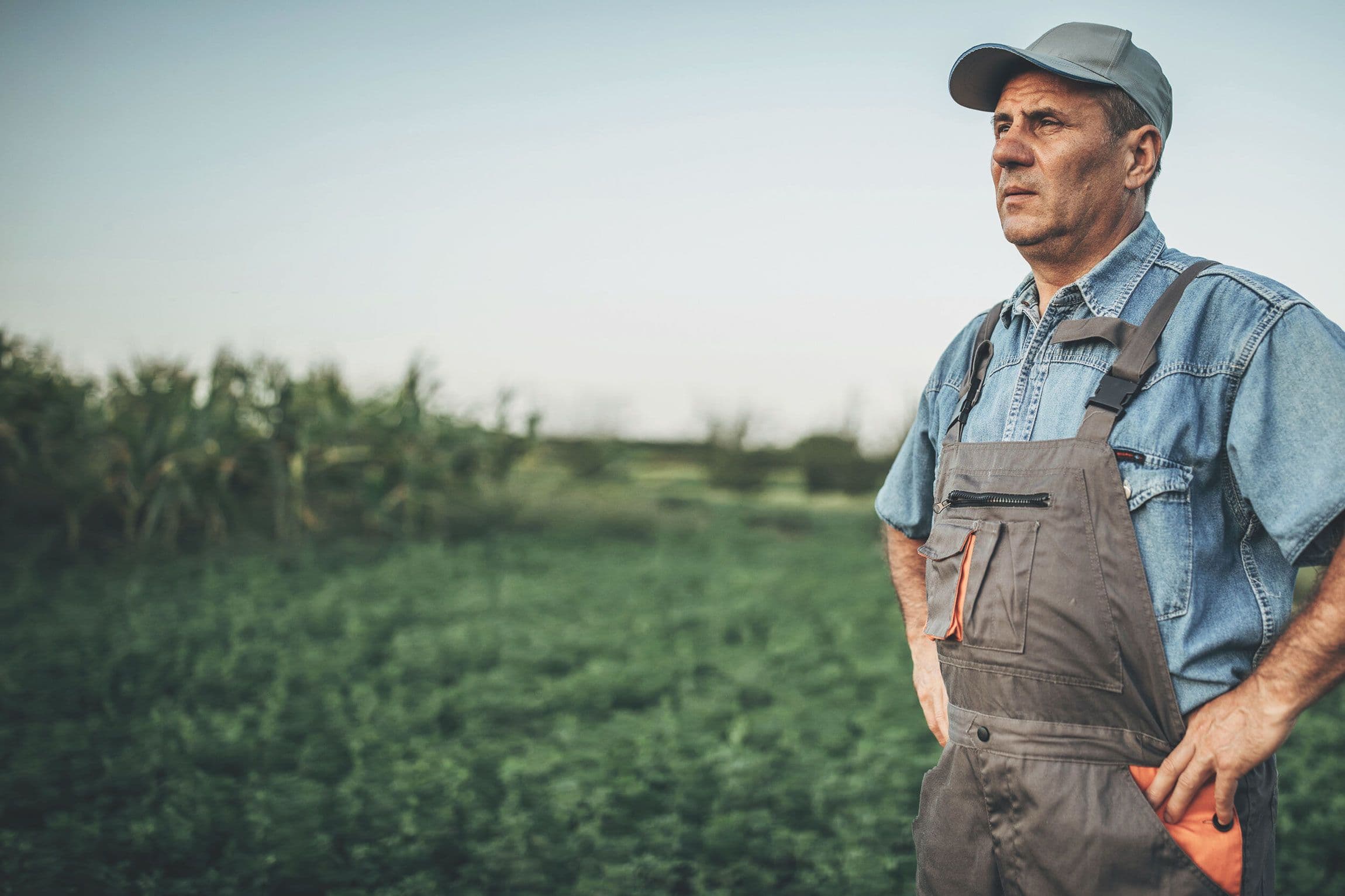
2 – Zero Hunger
The salmon farming industry is driving developments in global aquaculture. As a result, we are making a broader contribution to sustainable seafood production. Sustainable farming methods and practices, biological and technical innovation, research, new knowledge, and government regulations developed for the salmon farming industry can be transferred to the production of other marine species in other parts of the world. The solutions we find not only make our own operations more sustainable, but also advance the practices of fish farming industries in other countries. That way, we can truly contribute to zero hunger.
3 – Good health and well-being
Salmon is a source of marine omega-3 which has been proven to have health benefits.
4 – Quality education
We ensure that our employees receive the right training and development, so that the company always has the knowledge and expertise it needs.
5 – Gender equality
Gender equality and a diverse workforce, with people of different backgrounds, is not only our social responsibility, it is also key to profitable growth.
6 – Clean water and sanitation
Fresh water is a scarce resource in some countries, but not in the regions in which we operate. However, we have a responsibility to ensure efficient use of fresh water, and by using recirculating aquaculture systems (RAS) for most of our freshwater facilities, we reuse 90-97% of our water.
8 – Decent work and economic growth
We provide good jobs with fair conditions in rural areas. We contribute to economic growth in our local communities in Norway, the UK, and Canada.
9 – Industry, innovation and infrastructure
We take part in research and innovation to find new solutions to our challenges , and advance global food production in the ocean.
12 – Responsible consumption and production
We implement policies and processes to improve resource efficiency and reduce waste. We look for new solutions to boost the circular economy.
13 – Climate action
Farmed fish is one of the animal proteins with the lowest carbon footprint. Still, the salmon farming industry must work to cut the carbon footprint of our salmon even further.
14 – Life below water
We work to conserve and use oceans, seas, and marine resources sustainably. We have a responsibility to protect marine biodiversity, and we strive to find new ways to reduce our environmental footprint and improve the welfare of our fish.
15 – Life on land
We participate in projects to combat deforestation and protecting biodiversity in our supply chain
16 – Peace, justice and strong institutions
We do business in a way that is inclusive, just, and accountable, and that promotes strong societies and institutions.
17 – Partnerships for the goals
We cannot reach the goals we have set alone. We collaborate with authorities, research institutions, other salmon farmers, NGOs, students, suppliers and others to advance sustainable aquaculture. We share knowledge, expertise, and technology. We seek to be honest, exchange ideas, and learn from those around us.


